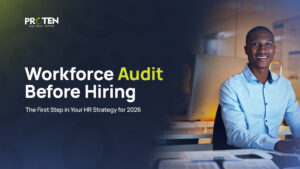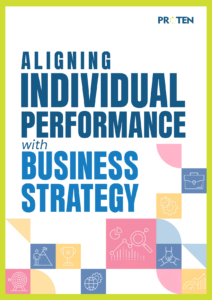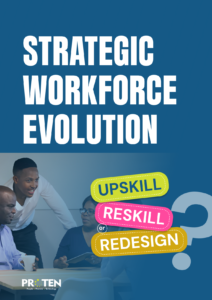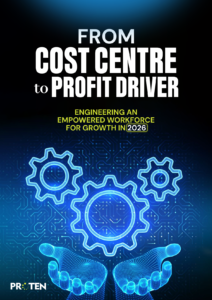The modern workforce is currently undergoing a significant shift. As it continues to evolve, effective performance management for millennials and Gen Z is crucial for unlocking their potential. These tech-savvy generations crave regular feedback, growth opportunities, and a sense of purpose. Traditional annual reviews no longer suffice; continuous coaching and development are essential to meet their expectations and drive your business success.
In the light of this, performance management, specifically tailored to the needs of Millennials and Gen Z employees are need. How organizations can ditch outdated practices and embrace a dialogue-driven approach that fosters growth, engagement, and ultimately, a more successful workforce is important. Let’s explore.
Understanding Millennials in the Workplace
Who are the millennials? These set of workplace individual are born between 1981 and 1996, and they value autonomy and flexibility. They thrive in environments with clear goals, regular check-ins, and opportunities for skill enhancement (Gallup, 2019). They are eager to learn and grow, and they expect feedback to be timely and actionable. Millennials also prioritize work-life balance and seek employers that support their well-being. To engage this generation, managers must be adaptable, empathetic, and transparent in their communication.
Gen Z: The Future of the Workforce
In other hand, Gen Z, born between 1997 and 2012, prioritizes diversity, equity, and inclusion. They seek workplaces with transparent communication, inclusive cultures, and social responsibility. This generation is digitally native and expects technology to enable their work. They value feedback and coaching but also want autonomy to make decisions and take ownership of their projects. Gen Z is driven by purpose and meaning and expects employers to demonstrate a commitment to social and environmental causes.
A Human-Centered Approach to Performance Management
To engage these generations, managers must adopt a human-centered approach. Regular one-on-ones, peer feedback, and self-assessments foster open dialogue and growth. Goal-setting should align with individual strengths and company objectives, and be flexible enough to accommodate changing priorities. Development opportunities, such as training programs, mentorship, and stretch assignments, demonstrate investment in their future. Employers must also prioritize diversity, equity, and inclusion, and create a sense of belonging for all employees.
The Role of Technology in Performance Management
Technology plays a vital role in modern performance management. Digital tools streamline feedback, goal-tracking, and progress monitoring. Analytics provide insights into employee growth, helping managers make data-driven decisions. A culture of continuous improvement and experimentation encourages innovation and adaptability. Employers can leverage AI-powered tools to personalize development plans, identify skill gaps, and predict future talent needs.
Prioritizing Employee Well-being
In addition, organizations must prioritize employee well-being and recognize the importance of mental health. Millennials and Gen Z employees expect employers to provide resources and support for their physical and mental well-being. This includes access to mental health resources, flexible work arrangements, and a culture that promotes work-life balance.
Conclusion
To wrap up, effective performance management for millennials and Gen Z requires a people-centric approach, embracing regular feedback, growth opportunities, and inclusivity. By adopting these strategies, organizations can unlock the full potential of their employees, drive business success, and attract top talent. According to a Deloitte study, organizations with strong performance management practices see a 24% increase in employee engagement and a 14% increase in productivity (Deloitte, 2020). By prioritizing employee development and well-being, employers can build a loyal and high-performing workforce that drives business success.











